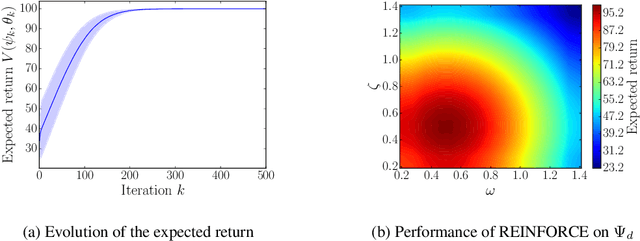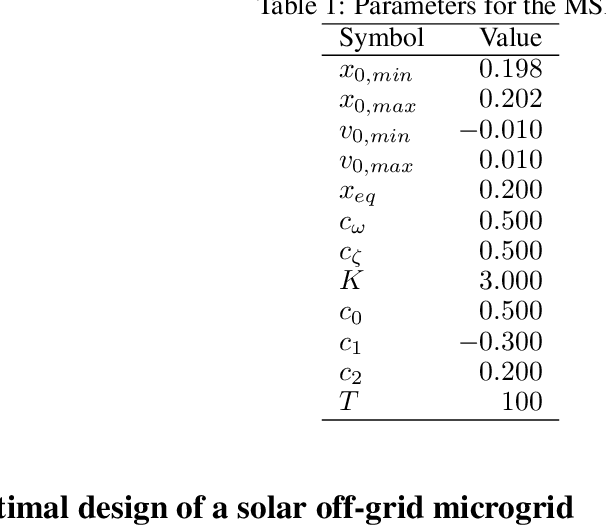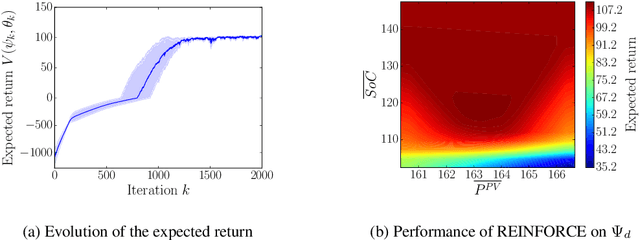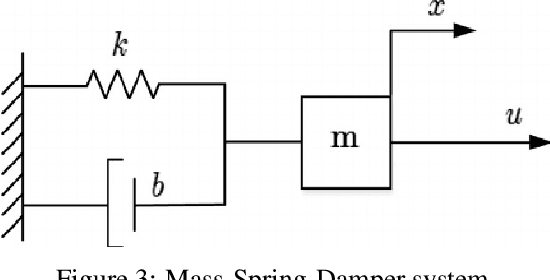François Cornet
Equivariant Neural Diffusion for Molecule Generation
Jun 12, 2025Abstract:We introduce Equivariant Neural Diffusion (END), a novel diffusion model for molecule generation in 3D that is equivariant to Euclidean transformations. Compared to current state-of-the-art equivariant diffusion models, the key innovation in END lies in its learnable forward process for enhanced generative modelling. Rather than pre-specified, the forward process is parameterized through a time- and data-dependent transformation that is equivariant to rigid transformations. Through a series of experiments on standard molecule generation benchmarks, we demonstrate the competitive performance of END compared to several strong baselines for both unconditional and conditional generation.
Learning optimal environments using projected stochastic gradient ascent
Jun 02, 2020



Abstract:In this work, we generalize the direct policy search algorithms to an algorithm we call Direct Environment Search with (projected stochastic) Gradient Ascent (DESGA). The latter can be used to jointly learn a reinforcement learning (RL) environment and a policy with maximal expected return over a joint hypothesis space of environments and policies. We illustrate the performance of DESGA on two benchmarks. First, we consider a parametrized space of Mass-Spring-Damper (MSD) environments. Then, we use our algorithm for optimizing the size of the components and the operation of a small-scale and autonomous energy system, i.e. a solar off-grid microgrid, composed of photovoltaic panels, batteries, etc. The results highlight the excellent performances of the DESGA algorithm.
 Add to Chrome
Add to Chrome Add to Firefox
Add to Firefox Add to Edge
Add to Edge